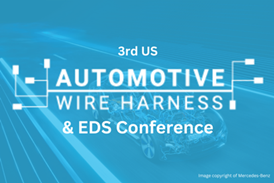automotiveIT International brings you tactical insights and intelligence on the innovations and transformational strategies being driven across the automotive value chain globally.
Register now for free to stay up-to-date with the latest industry developments, trends, and analysis, to find in-depth reports and intelligence and to connect with your peers.











